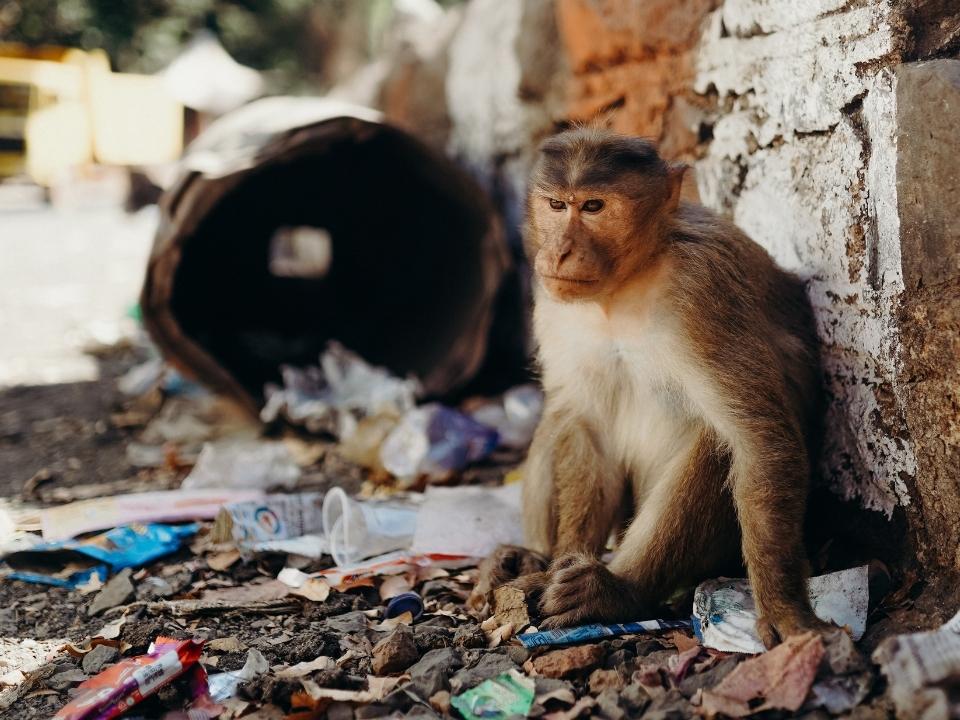The WHO said that in the era of global warming, such diseases will spread more often and faster.
Diseases characteristic of animals are transmitted to humans when animals and humans change their behavior in search of food due to climate change, said Michael Ryan, director of the WHO emergency program. Because of this, the likelihood of infections and the risks of spreading them around the world are increasing.
Climate change forces animal populations to move out of their normal ranges, and humans to move into areas where animals live. This is how “communication” and the subsequent exchange of viruses takes place.
Recall that monkeypox is a viral zoonotic disease found mainly in the humid rainforest regions of Central and West Africa. Carriers of the virus are various species of animals–striped squirrels, tree squirrels, Gambian rats, dormice, and non-human primates.
To date, the virus has been sporadically exported to other countries, particularly because of the effects of global warming.
To keep humanity safe from new pathogens, it is necessary to fight climate change and preserve, not destroy, ecosystems.

No responses yet